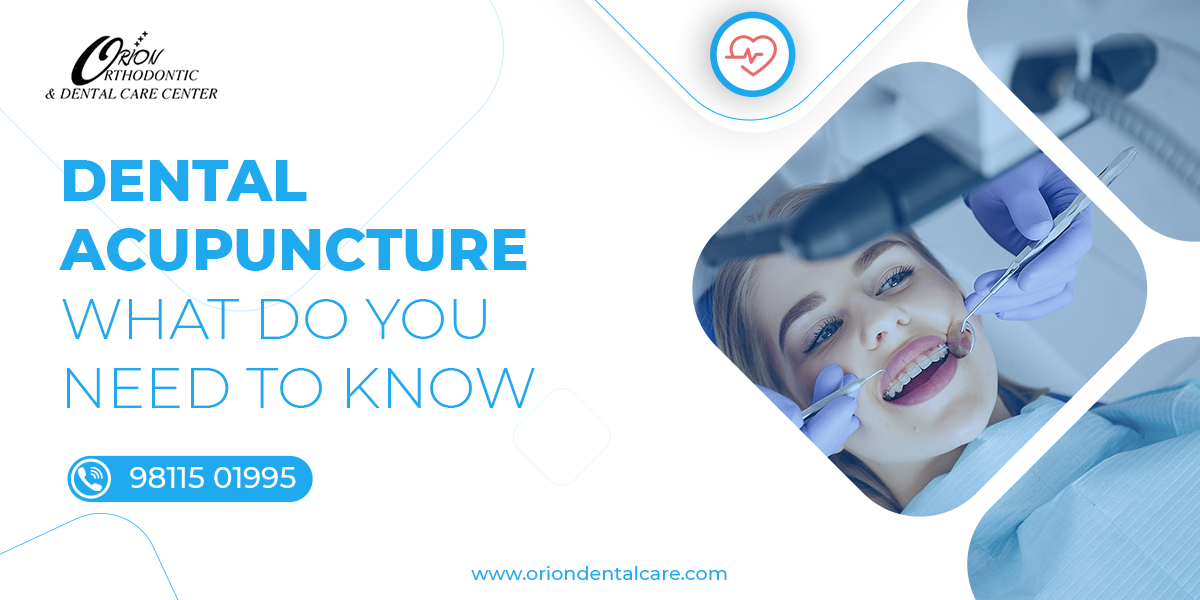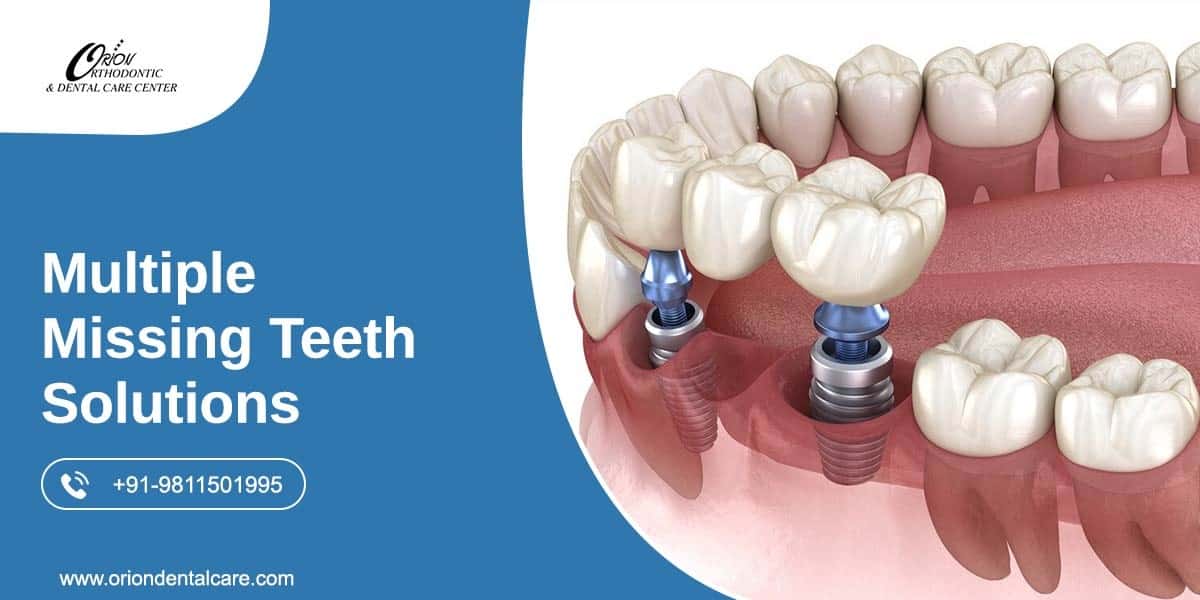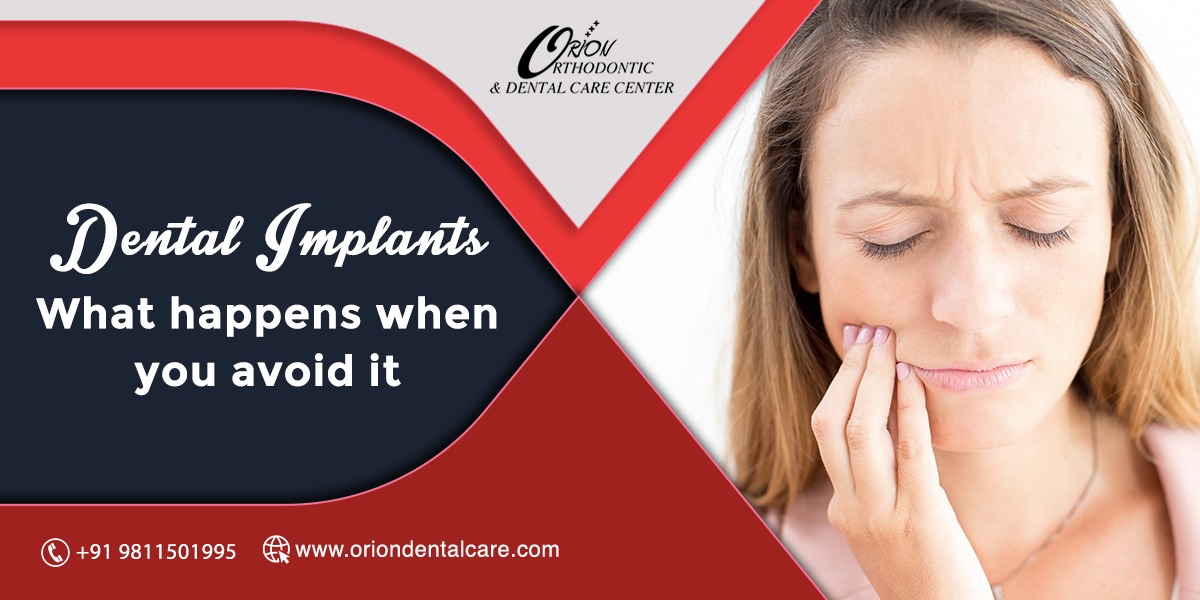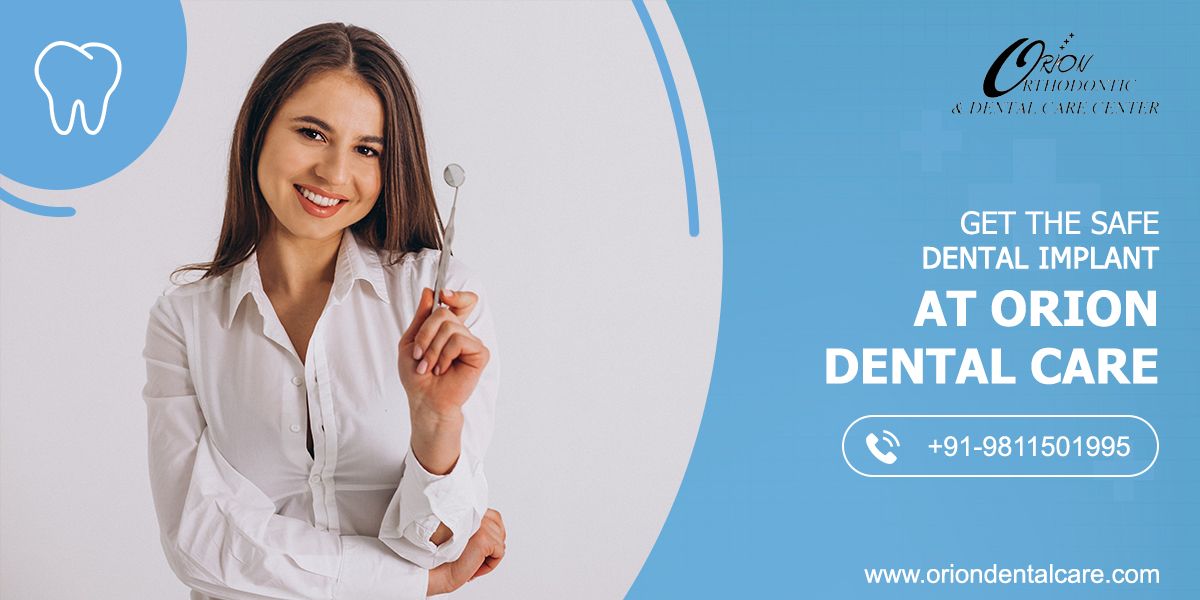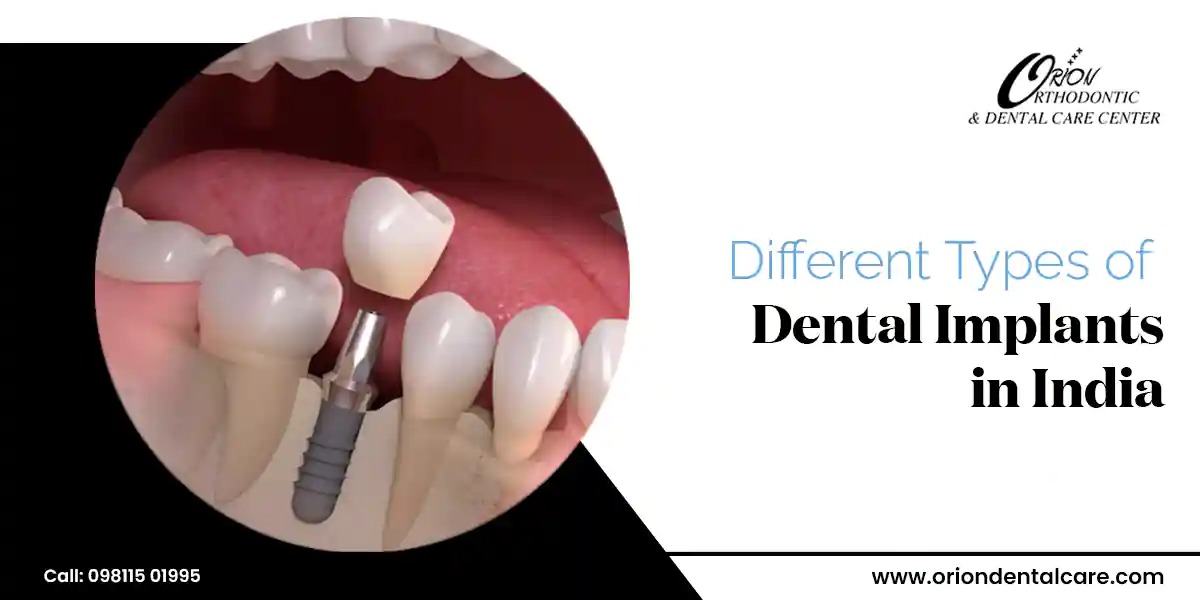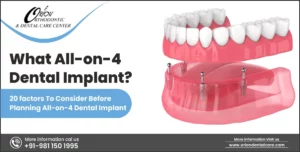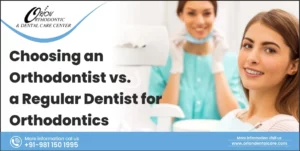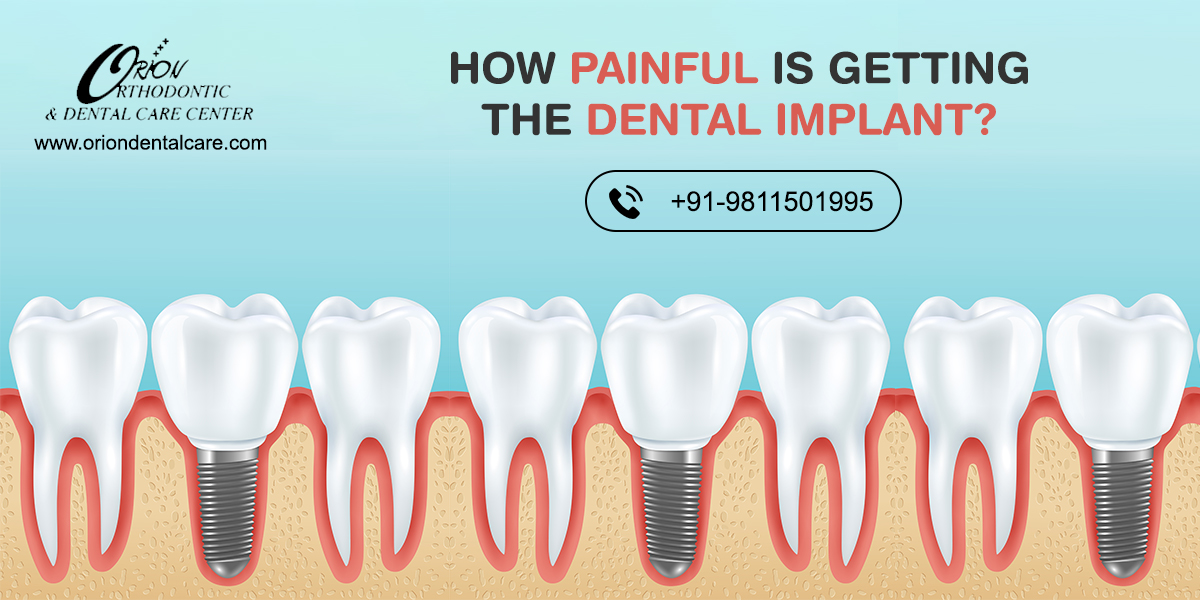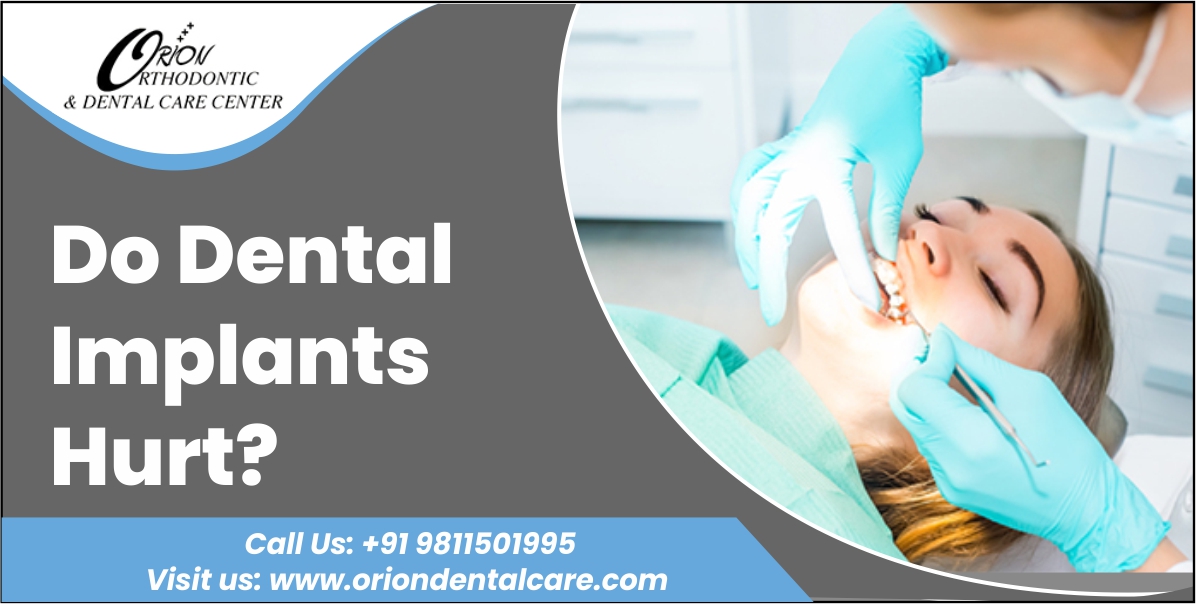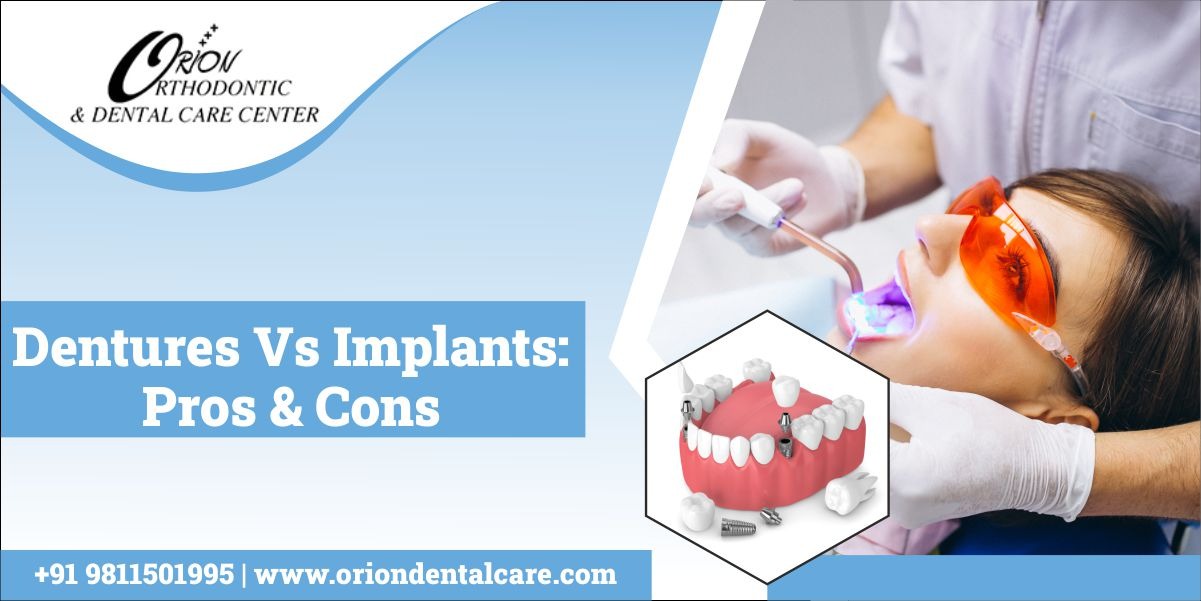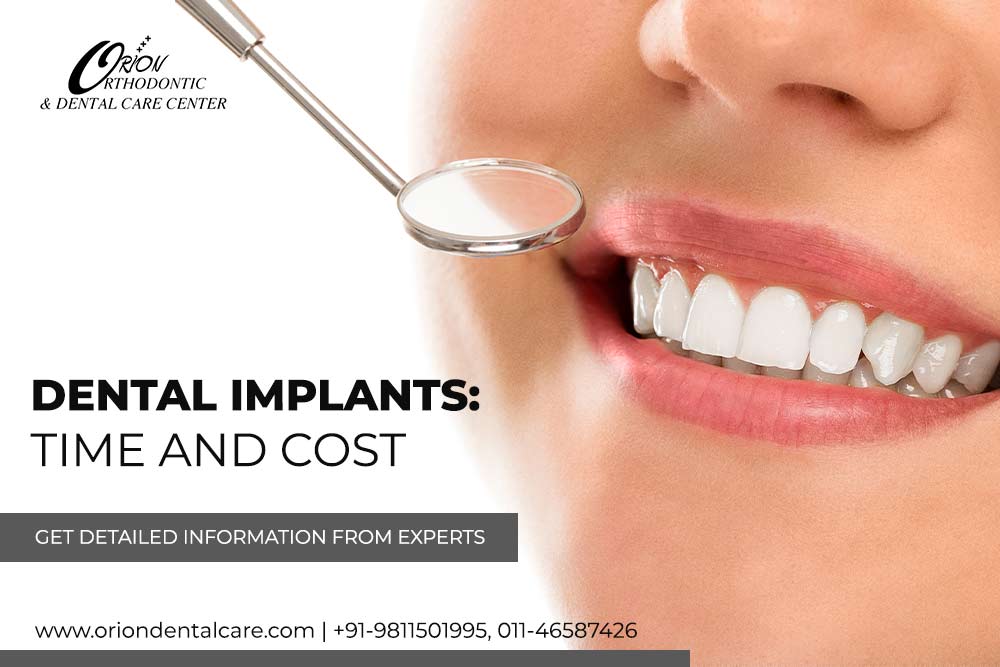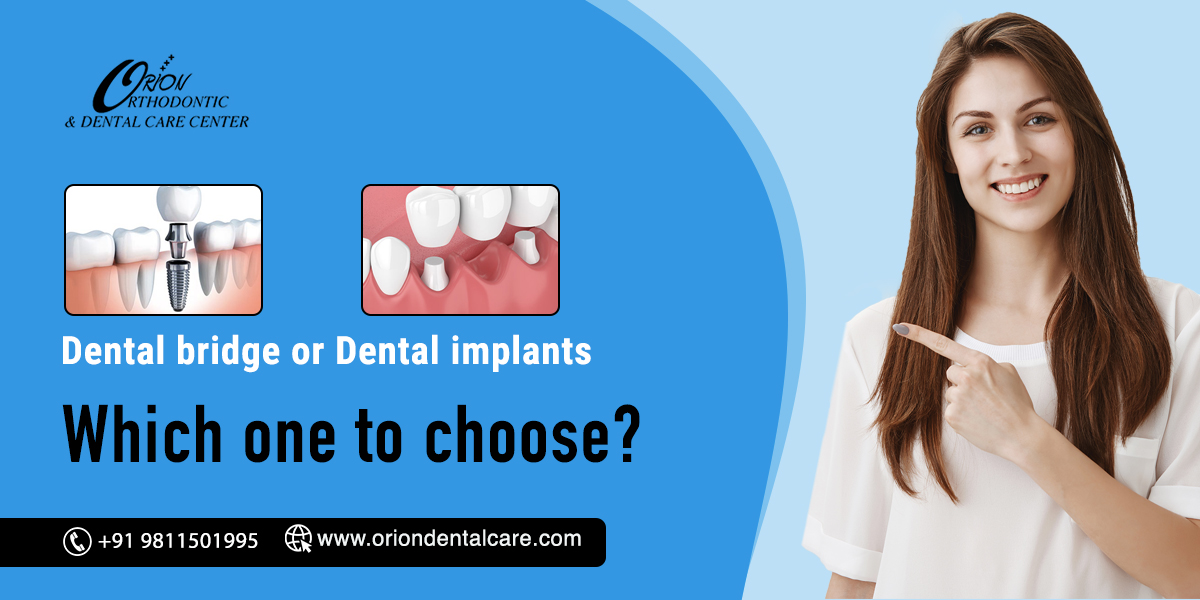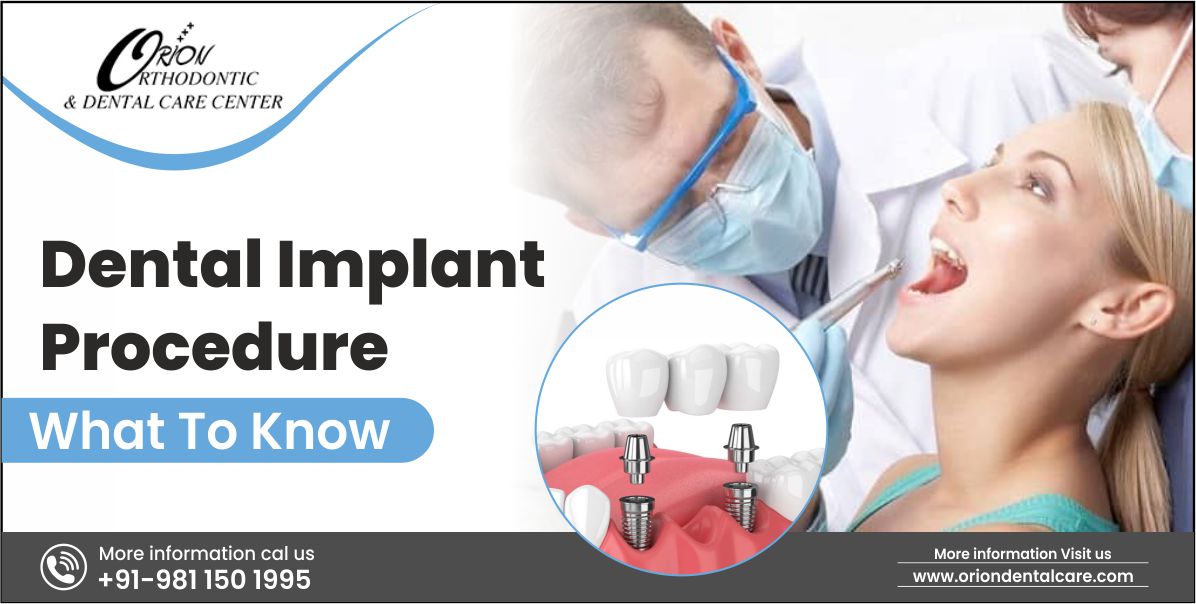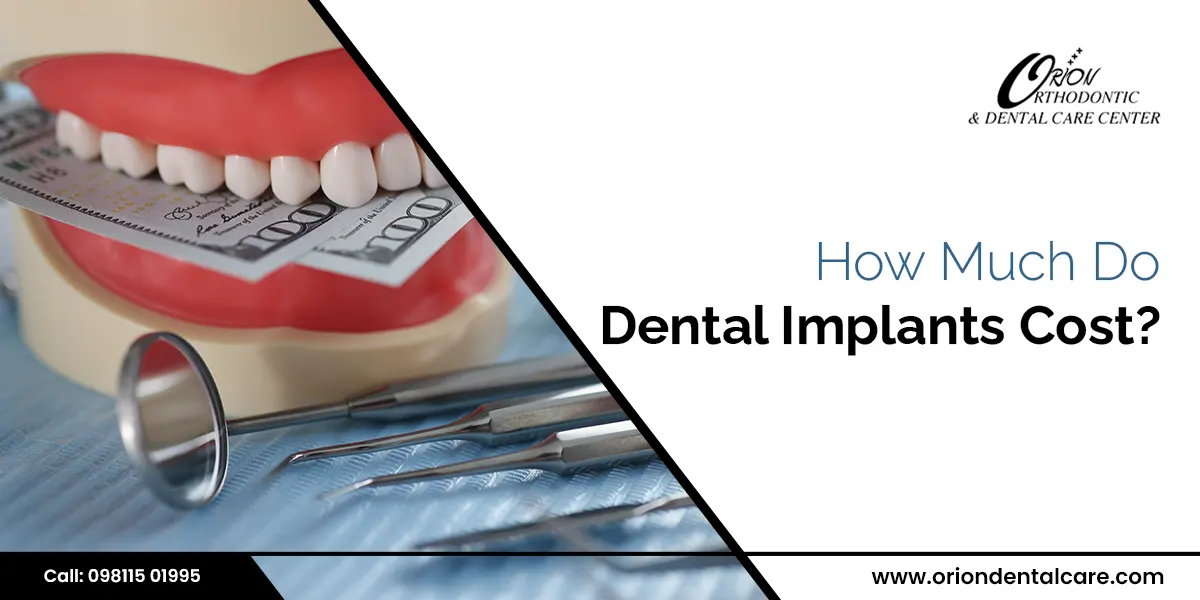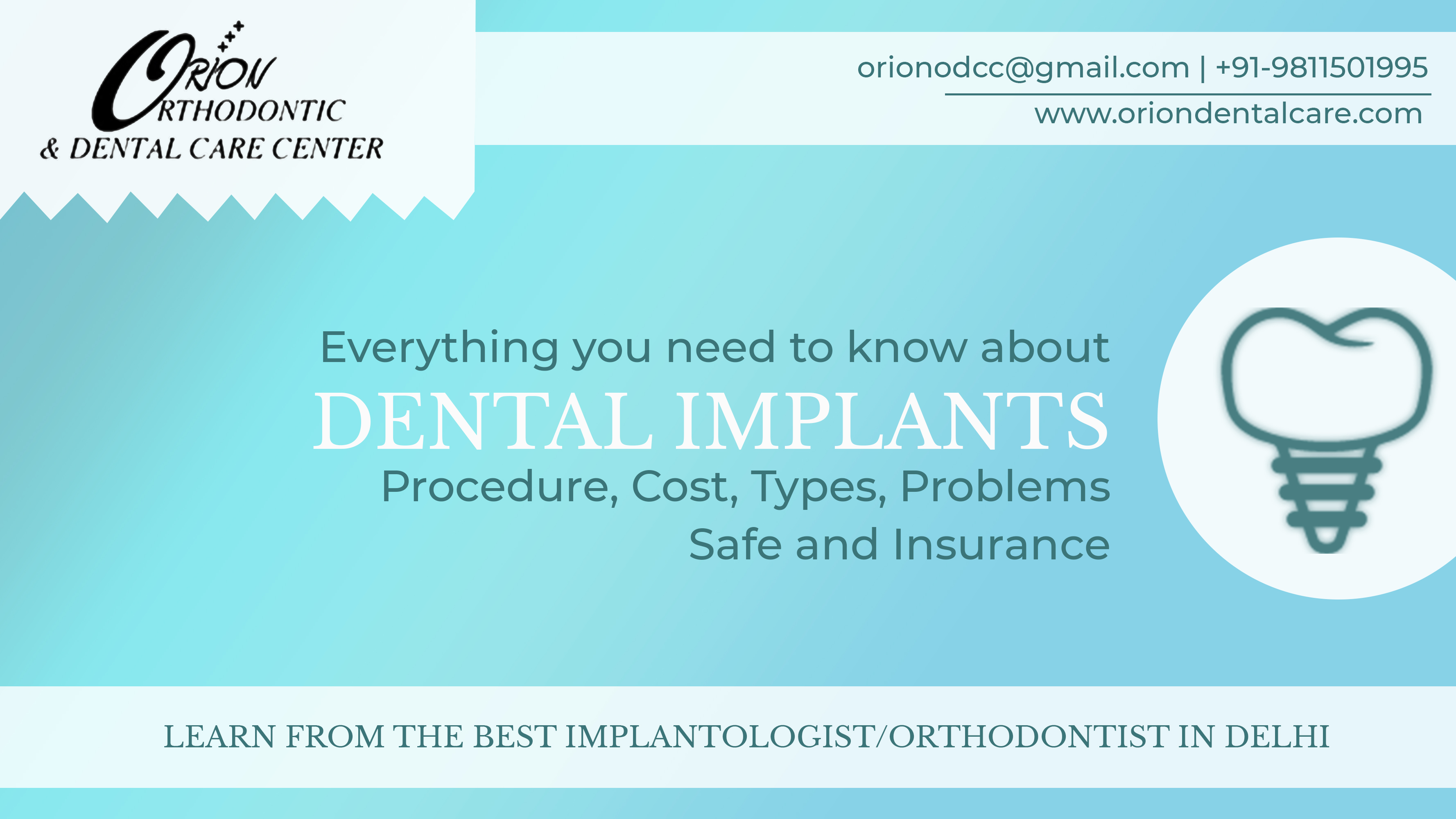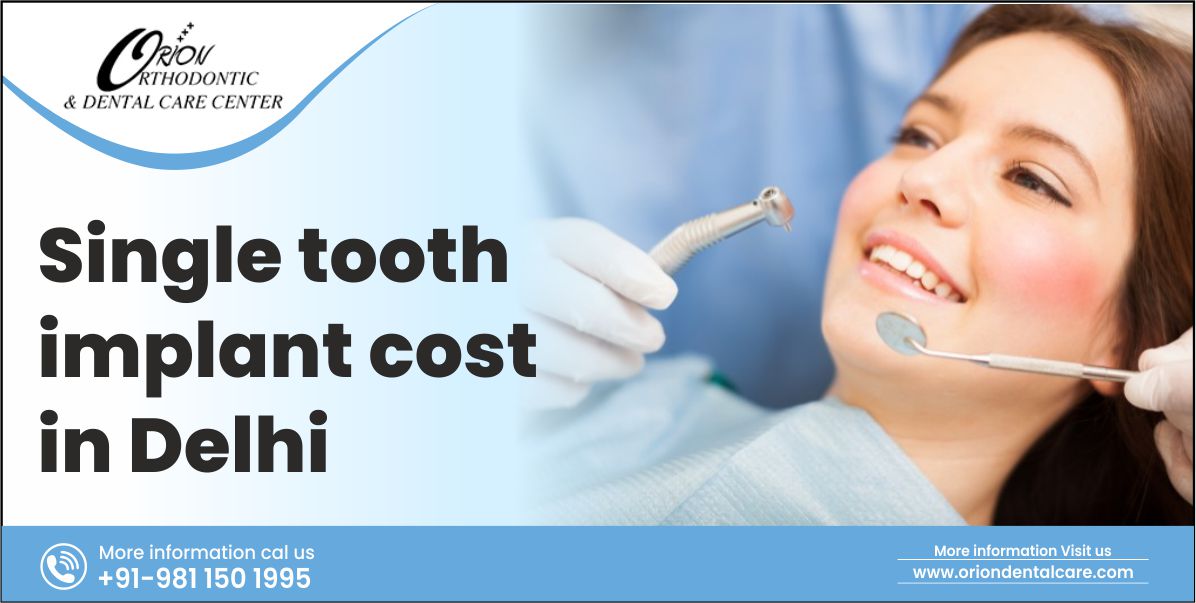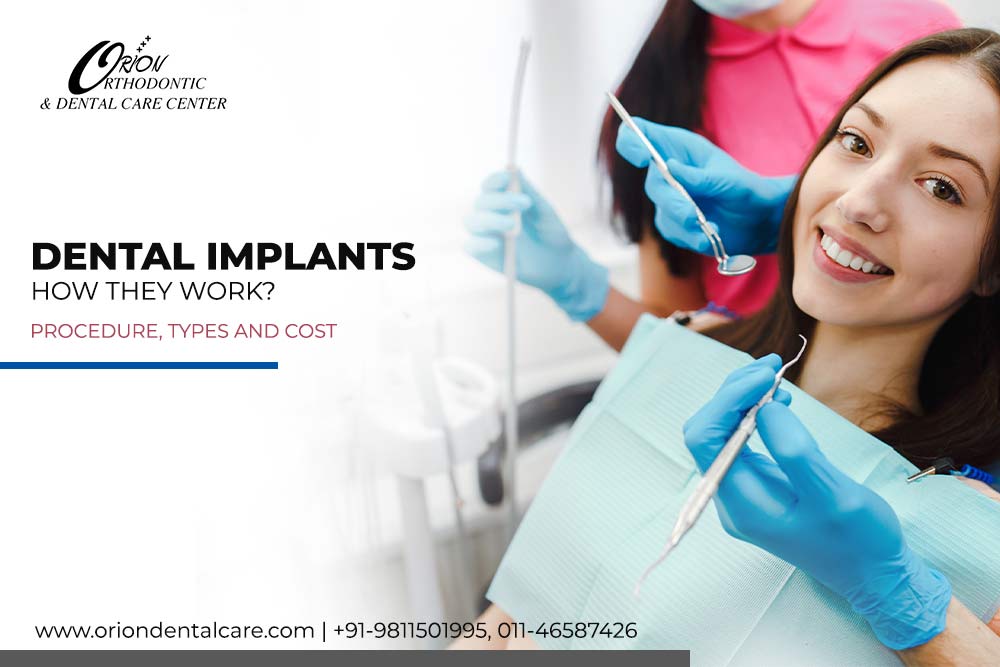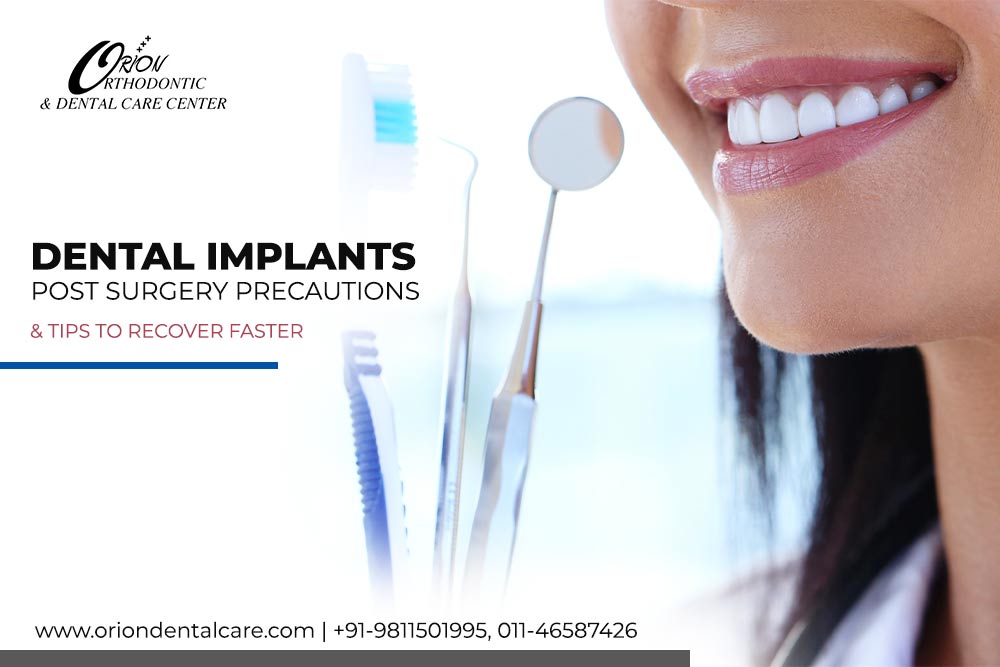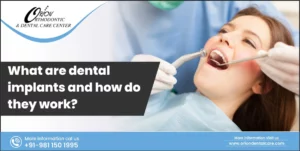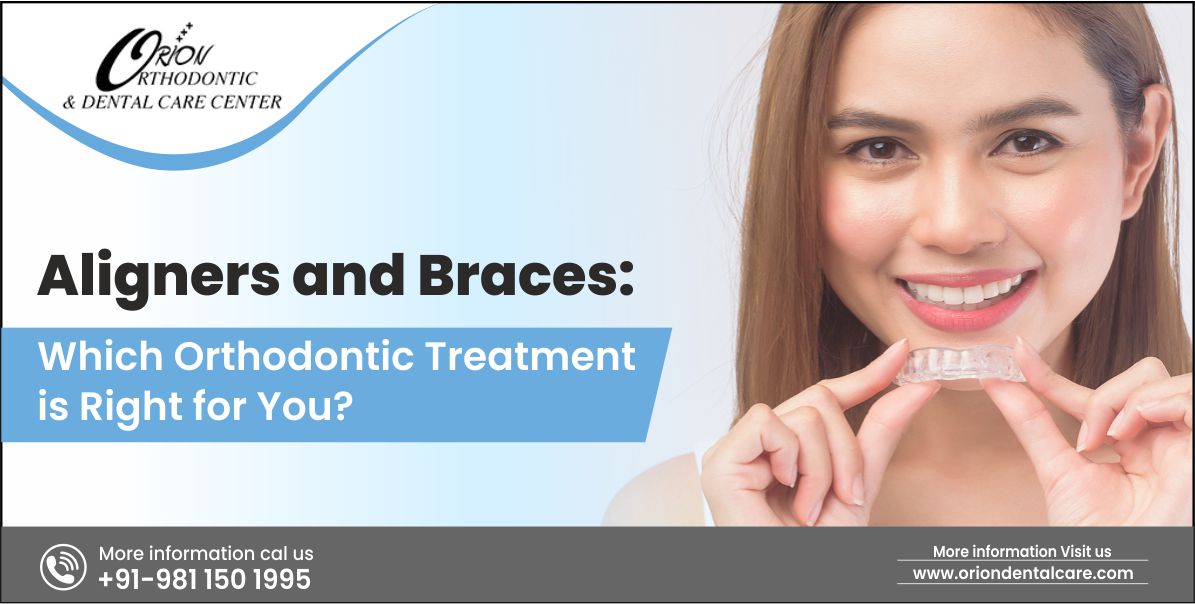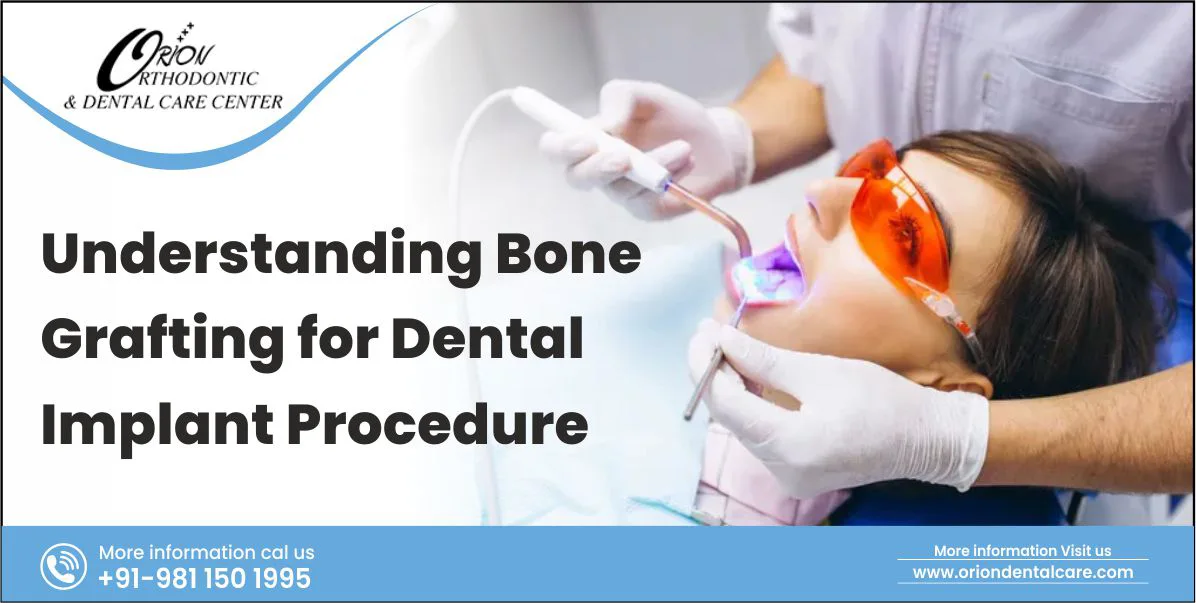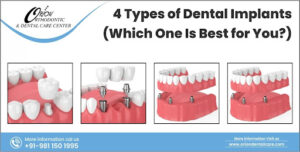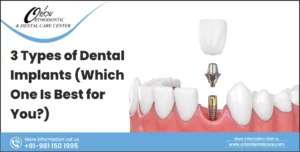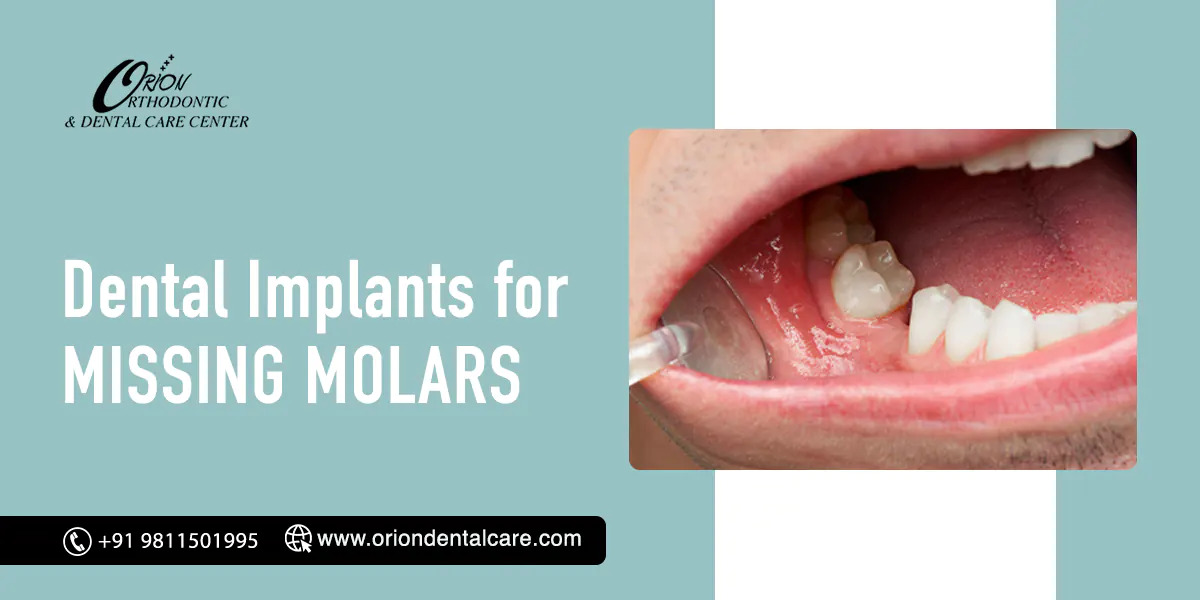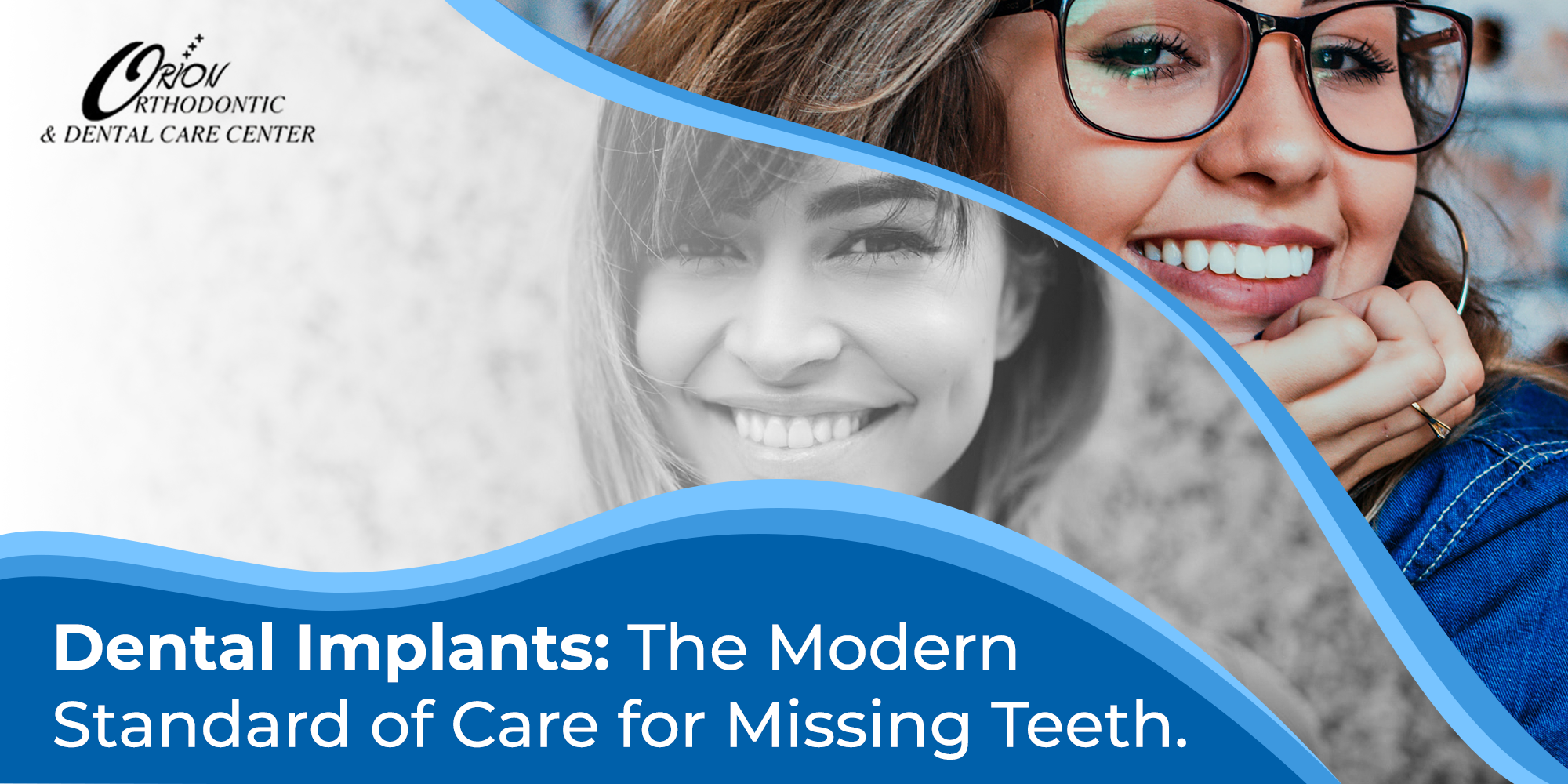Having a set of well-aligned and fully functional teeth is critical for good oral health. Teeth play an important role in your overall appearance and smile, but they are also important functional structures. Our teeth, particularly our molars, are important for crushing and grinding food. The loss of a molar can have a significant impact on chewing and speaking ability.
Many times, people lose their teeth due to ageing, diseases, or accidents, and this is when surgical treatments such as dental implants come into play.
So, if you’re searching for dental implants in South Delhi, keep reading because we’re going to go over everything you need to know about molar and permanent tooth replacement with dental implants today.
Table of Contents
Feel free to skip ahead if one topic catches your eye:
What is dental acupuncture?
Acupuncture is an ancient and traditional Chinese medicine technique. According to Chinese beliefs and medical practice, there is a distinctive energy that runs throughout the body called qi ( pronounced as chee). And this energy travels through numerous meridians that are present as diverse branches throughout the body. The unrestricted flow of this vital energy is required to keep the body healthy. This energy can be balanced by stimulating certain acupuncture points, which can result in a variety of health benefits.
Recent studies have demonstrated that employing acupuncture treatments in the area of dentistry produces beneficial results. This is referred to as dental acupuncture. Fine, hair-thin needles are inserted into different sites all over the head and neck region during the dental acupuncture procedure.
The needles that are inserted can stimulate numerous nerves beneath the skin. Endorphins, which are natural pain relievers, are also produced as a result of the stimulation.
The main advantage of dental acupuncture is that it is typically a non-toxic treatment that is quite safe to use.
But the most common inquiry from patients is, “How can dental acupuncture assist with dental pain?”
Acupuncture as demonstrated in several studies help by
- Reducing the amount of inflammation in the oral cavity
- It activates the nerve in the oral tissue, resulting in the production of endorphins and the reduction of pain.
- It improves blood circulation, which aids in the reduction of swelling in the mouth.
Dental acupuncture falls under the area of complementary medicine, which means it can be used in conjunction with normal dental procedures. The dental acupuncture technique is used by the specialists at Orion to alleviate the pain after dental surgery as well as to treat several other problems.
How does it work?
The entire oral cavity is divided into many points known as acupoints. These acupuncture sites are also known as trigger points, and when stimulated, they can help to minimize the pain and anxiety associated with dental procedures. Acupuncture has been found to stimulate the release of various hormones and chemical substances in the body, including:
- Serotonin:
- When a needle is inserted into a certain acupoint, nerve fibres, specifically myelinated nerve fibres, are activated.
- They send electrical impulses to the spinal cord. Certain regions of the brain and pituitary gland are also activated by this stimulation.
- This causes the release of a chemical known as serotonin. Serotonin is a hormone that acts on the brain to reduce stress and anxiety.
- Endorphins:
- Acupuncture also promotes the production of chemicals known as Beta-endorphins, which contribute to the blocking of pain and the reduction of discomfort.
- Adrenocorticotropic hormones:
- Additionally, acupuncture stimulates areas of the brain such as the pituitary and hypothalamus complex, which produce a hormone known as adrenocorticotropic hormone.
- This hormone works directly on the adrenal gland, causing it to produce the hormone cortisol. Cortisol is in charge of reducing inflammation and general stress.
When do you need dental acupuncture?
Various studies have shown the beneficial effects of acupuncture techniques when used with routine dental procedures and these can help treat potential candidates in a lot of ways.
Even when performed under anaesthesia, dental procedures are sometimes regarded as very painful. Furthermore, the prospect of having dental work done, such as tooth extraction or a root canal, can cause worry and anxiety in many people. This stress and fear might complicate the treatment and cause complications throughout the treatment.
Using dental acupuncture can help the patient relax, resulting in a more comfortable procedure overall.
Dental discomfort, dental anxiety, nausea, and a burning sensation in the mouth are all examples of oral conditions that can be treated with dental acupuncture.
- Postoperative dental pain: After the procedure, as the anaesthesia effect wears off, the patient may experience pain and discomfort. Using dental acupuncture for tooth pain can assist a lot with relieving post-surgery dental pain as well as decreasing inflammation and swelling. Natural endorphins (pain relievers) released as a result of acupuncture methods can assist alleviate pain.
- Nausea and gagging: Nausea and gagging are two of the most prevalent problems associated with oral surgery. Gag reflexes can be regulated by employing acupuncture methods and activating certain oral acupuncture points.
- Treating anxiety and stress: Dental surgery is frequently associated with increased anxiety and stress as a result of the surgical process. Before the surgery, practising dental acupuncture techniques can help the patient relax and decrease anxiety and tension. This ensures overall complication-free surgery.
- Treating burning mouth syndrome: This is a condition in which a patient feels a burning sensation in his or her mouth cavity. This might be the result of underlying medical problems. This is more common in elderly ladies and can occur in numerous areas of the mouth, particularly the tongue. Dental acupuncture has been proven in studies to be effective in treating and managing burning mouth conditions.
- Oral and facial pain: Temporomandibular disorders are one of the most common causes of mouth and facial discomfort. TMD can cause excruciating discomfort in the jaw and surrounding muscles. Dental acupuncture can assist relieve TMD discomfort and has demonstrated excellent outcomes in the therapy of TMD in conjunction with conventional medicines.
What to expect?
Your dentist will assess your health as well as your whole medical history before the dental acupuncture treatment to have a better sense of whether you are a good candidate. A thorough evaluation aids in the development of a personalised acupuncture treatment plan and the stimulation of the precise acupuncture points
There are three key stages to perform during the procedure:
- The needle insertion: To begin the process, fine needles are placed into the predetermined acupuncture sites in the mouth and all over the head and neck. Because the needles are so tiny, the process is typically painless. The number of needles inserted is subjective and might range from 5 to 25 or more. To activate the sensory points, the needles are placed to a specific depth, usually half an inch to an inch.
- The acupuncture point is activated by stimulating the needles after they have been inserted. To activate the points, the practitioner may alter or gently move the needles, or he or she may inject an electric impulse into the needles.
- The needles are gently withdrawn after 20 to 25 minutes. The process is not painful.
Acupuncture is typically a relatively painless technique, and those with a low pain tolerance can benefit from it.
Other options for patients who are afraid of needles include stimulating acupoints with fingers, using smaller needles, vicaria seeds, and ear tacks for acupoints near the ears.
Many patients experience the results immediately after the treatment and feel calm and relaxed, while others feel slightly energetic. Because the effects are also highly subjective, acupuncture might take anywhere from a few days to a few weeks to show any benefit.
For your dental acupuncture service, you must choose a dentist who is competent in acupuncture procedures, as well as trained and licenced to do so.
Getting dental acupuncture from a trained practitioner guarantees that you get the most out of it while experiencing the least side effects.
Can there be adverse effects associated with acupuncture?i
Acupuncture, in general, is a very simple and less intrusive technique since it does not involve any toxic substances that might hurt the body. Acupuncture does, however, have some very uncommon and undesirable side effects.
It is essential to consult with your dentist or acupuncture practitioner about your body and condition to determine whether dental acupuncture is an appropriate option for you.
It is also essential to note that acupuncture is not the only method of treating dental problems, but rather is utilised in conjunction with normal dental procedures.
The following are some acupuncture complications:
- Bleeding diseases such as haemophilia: Haemophilia is a disease in which the blood does not clot and there is excessive bleeding, acupuncture may create difficulties if you have any ailments or bleeding disorders.
- Aspirin and other blood thinners: Taking blood thinners might cause problems during the surgery.
- Cardiovascular problems and the use of a pacemaker: A pacemaker is implanted into the heart of individuals whose hearts are unable to beat on their own. A pacemaker generates electrical impulses that assist the heart in beating. During acupuncture, small electric pulses might be given alongside the needle insertion and it can interfere with the pacemaker.
- Minor risks include redness, irritation, itching, and skin rash in the region where the needle is placed.
- Other side effects of acupuncture include dizziness, nausea, and fainting.
Going to a qualified practitioner who uses disposable, sterile and single-use needles can help to decrease the risk of infection. Going to a registered and skilled practitioner is one of the most important factors that might lead to acupuncture working for you. When it comes to dental acupuncture treatments, the manner of administration plays a significant role.
Takeaway
Orion Dental Care offers the most effective dental acupuncture techniques and treatments. The clinic employs qualified and certified dental acupuncture practitioners who have extensive expertise in the field of acupuncture and a full understanding of the method.
Dr Natalia Desilva is a top dentist in Delhi who uses dental acupuncture to treat problems such as dental pain, TMD, bruxism, orofacial discomfort, and xerostomia (dry mouth after radiation therapy).
The clinic offers cutting-edge facilities and maintains appropriate cleanliness. Extensive precautions are taken to ensure that the dental acupuncture process is safe and convenient for you.

